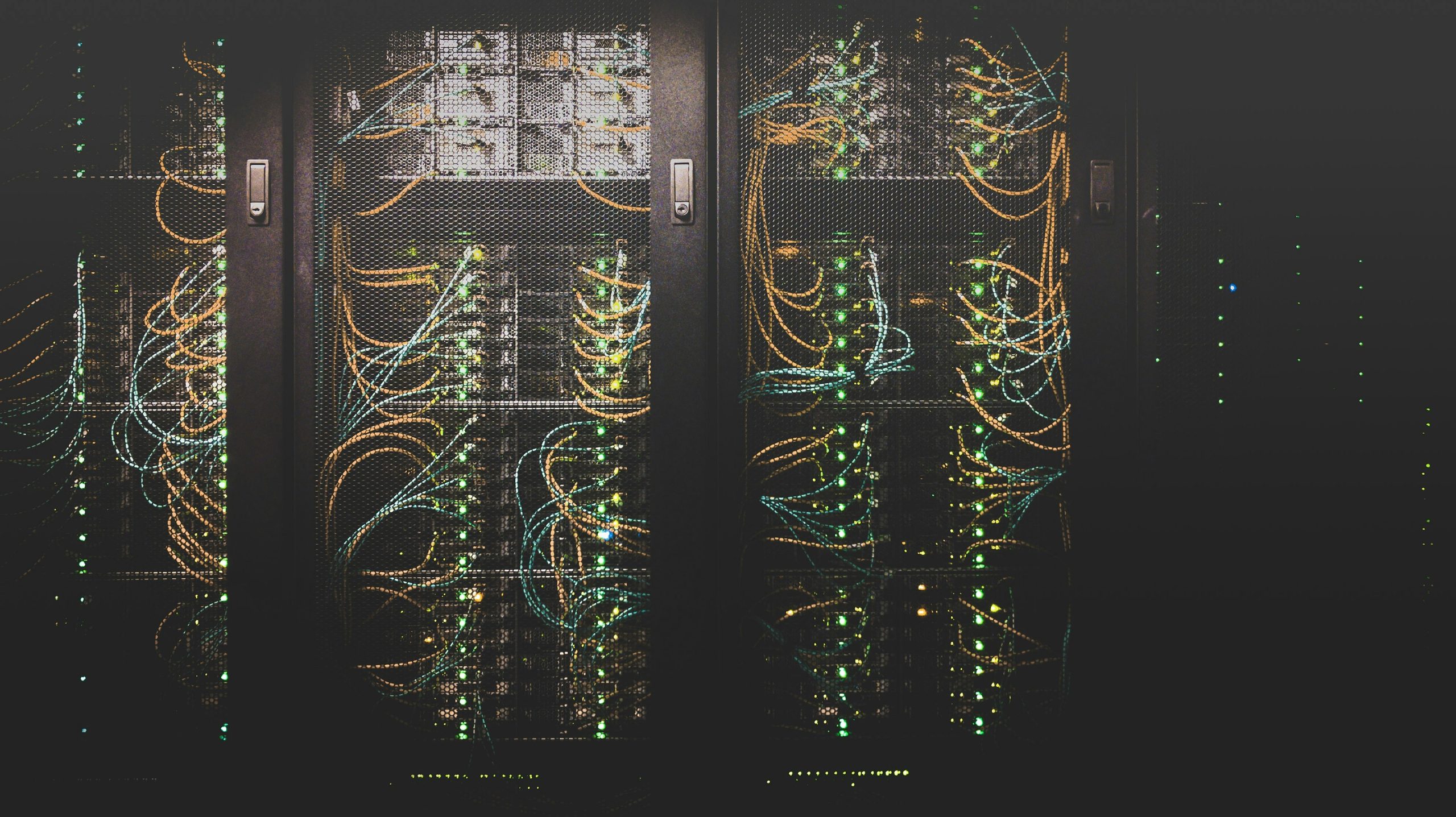Digital communication and storage offer enormous benefits: from more efficient collaboration to lightning-fast access to information. But behind that convenience lies a growing problem: Our digital lives consume more and more energy. Not only our laptops and phones, but also the data centers that store and process all that information are running at full capacity.

And with the rise of artificial intelligence (AI), that energy consumption is growing explosively. Research from Vrije Universiteit Amsterdam shows that AI is quickly becoming one of the world's biggest energy consumers. The study estimates that the total power consumption of AI systems is now comparable to the entire electricity consumption of the Netherlands - and that could double by 2025.
According to the VU study, there is a lack of transparency: large technology companies hardly provide any insight into their actual energy consumption. The European AI Act only requires companies to report energy consumption during the training phase of AI models, while daily use ("inference") consumes the most. This makes it difficult to see how much energy AI is really costing us digitally - and how this relates to our climate goals.
Not only in the private sector, but also within government, there is a growing awareness that digitization needs to be more sustainable. To help teams and departments make more conscious choices, the RijksAcademie voor Digitalisering en Informatisering Overheid (RADIO) has developed the Sustainable Digital Toolkit, commissioned by CIO Rijk (Ministry of the Interior and Kingdom Relations).
The toolkit offers practical ways of working for teams who want to get smarter about data and digital communication. Consider questions such as:
Using the toolkit not only helps you work more consciously, but also provides tangible benefits: better collaboration, clearer information management and less wasted storage and energy.
The message from scientists and policymakers alike is clear: digital sustainability requires insight and action. AI and data use need not be a threat to our climate goals, provided we are transparent about energy use and make smart choices in how we use technology.
Governments can lead by example in this: by making their own digital practices more sustainable and by requiring technology companies to be open about their energy impact.

